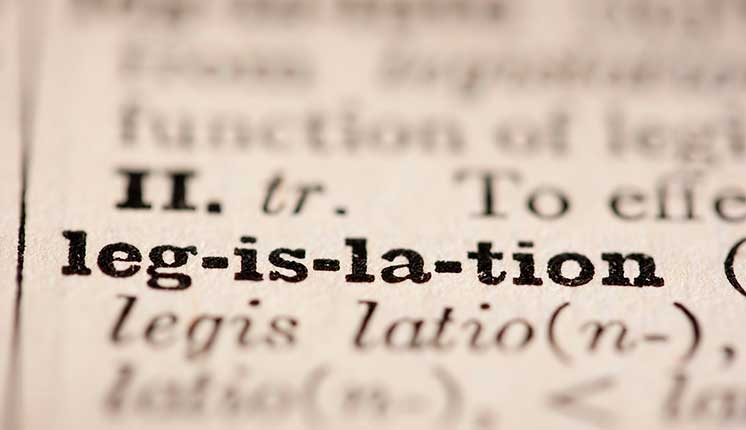
This week, the Senate announced a legislative package intended to increase affordability related to energy, housing, and workforce. Amendments to the energy bill, Senate Bill 254 (Becker, D-Menlo Park), make a number of changes to address permitting challenges and affordability, but also make several significant changes to the Energy Commission’s AB 205 opt-in permitting program.
The AB 205 opt-in permitting program allows a project developer to bypass local permitting by going straight to the California Energy Commission, which can override any conflicting local decisions. Projects eligible for the AB 205 process include solar or terrestrial wind projects over 50MW, energy storage projects over 200MWH, thermal powerplants over 50MW, hydrogen production facilities, transmission lines, and manufacturing projects with a capital investment of over $250 million. The program sunsets in 2029. RCRC, CSAC, UCC, and Cal Cities strongly opposed creation of this permitting process in 2022 ,and several member counties have expressed strong objections to projects located in their communities.
RCRC strongly opposes several of SB 254’s AB 205-related provisions, including those that:
- Create a rebuttable presumption that construction or operation of a facility will have an overall net positive economic benefit to the host local government if the project is located adjacent to an operating utility substation or natural gas powerplant.
- Extend the sunset date for the CEC’s permitting program from 2029 to 2034.
- Lower the capital investment requirement for manufacturing projects from $250 million to $100 million
The first of these issues will undermine objections from a “host community” that energy storage projects sited adjacent to substations or natural gas powerplants will not benefit the community, but will instead benefit distant communities.
The bill does a number of other commendable things to improve affordability and increase permit streamlining, including authorizing the state to prepare program environmental impact reports (EIR) under the California Environmental Quality Act for clean infrastructure projects. This program EIR proposal is one that RCRC has advocated for and similar to a narrower proposal from last session, SB 1272 (Laird) that was introduced in the closing days of the Legislative session.
RCRC’s “Oppose Unless Amended” letter can be found here.
For more information, contact RCRC Senior Policy Advocate, John Kennedy.
